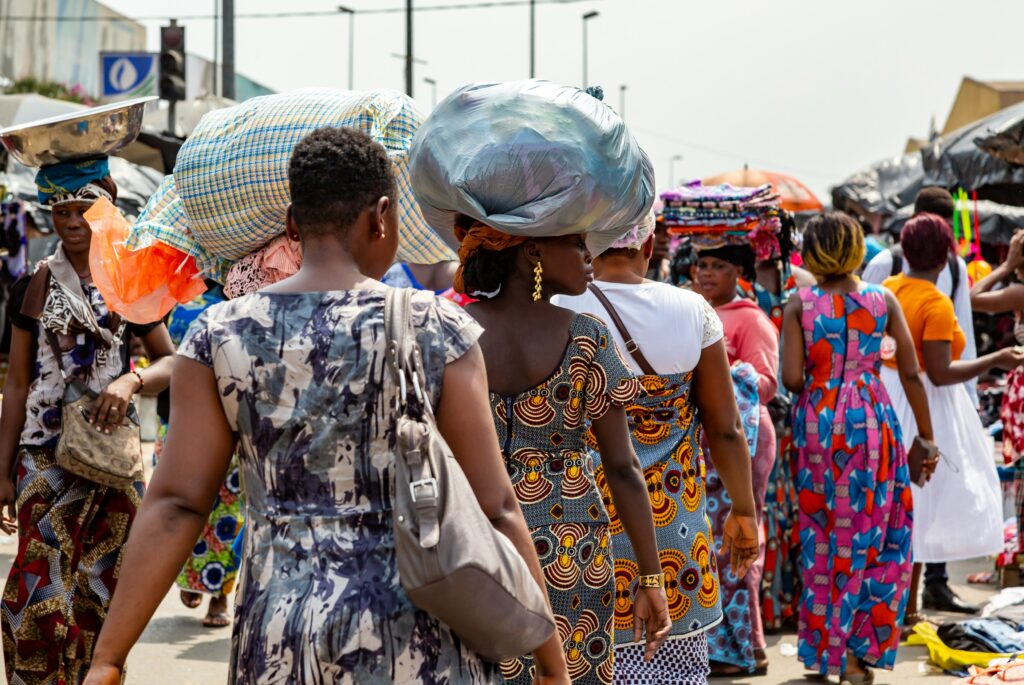In today’s rapidly evolving media landscape, journalism faces unprecedented challenges. Traditional news outlets, once the primary sources of information, are increasingly threatened by declining revenues, shrinking newsrooms, and the rise of misinformation. Globally, the spread of digital media has democratised access to information, but at the same time led to the erosion of trust in mainstream journalism.
According to a 2023 report by the Reuters Institute, trust in news worldwide has fallen to just 38%, with people increasingly questioning the credibility and impartiality of traditional media outlets. In Kenya, these concerns are further compounded by the concentration of media ownership and the influence of political and commercial interests, which often focus on urban-centric issues, leaving the voices of grassroots and marginalised communities unheard.
Amid these crises, community journalism is emerging as a vital force, particularly in places where mainstream media coverage is limited or biased. Unlike mainstream journalism, which tends to prioritise sensational national and international stories, community journalism is deeply rooted in local contexts. It focuses on the everyday experiences and challenges of the people within a specific area, offering a platform for voices that are often unheard in larger media outlets.
What is Community Journalism?
At its core, community journalism is about proximity – both in terms of physical location and relationship. It is driven by journalists or storytellers who are either part of the community, or have a deep understanding of the local context. This close connection allows for a level of detail and nuance often missing from broader news coverage. Community journalism covers a wide range of topics, from local governance and education to health, the environment, cultural traditions and felt impacts of policies. More importantly, it documents the everyday lives of people, their challenges, and their successes, in ways that resonate deeply within their communities.
The Story Za Jaba Docufilm: A Case Study.
The power of community reporting can be seen through Story za Jaba (#JabaFilm), a documentary we produced that exposes the heart-wrenching realities of coastal women caught in the grip of Muguka addiction—a stimulant crop similar to khat. Produced in collaboration with Zeinab of Maono Space, this film does much more than just capture these women’s lives on camera; it gives them a platform to share their experiences, struggles, fears and hopes. Told in their own voices, the film exposes the devastating impact of Muguka on families, finances, social relationships and the serious health risks that accompany its use. This raw and honest story resonated deeply within the local community and beyond, sparking a national conversation.
And whereas muguka plays a significant role in Kenya’s economy, its consumption has profound social and health implications, such as increased juvenile crime rates, prostitution and sexual exploitation, the spread of HIV/AIDs, teenage pregnancies, chronic absenteeism leading to truancy and high school dropout rates, pervasive sexual and gender-based violence, stark parental negligence, malnutrition, environmental degradation, unnecessary human suffering and death. Story za Jaba is the first-ever film to highlight these effects on women, particularly those living on the coast.
After the film’s release, communities featured in the film protested the widespread sale and consumption of the drug. These protests put pressure on local leaders to respond, resulting in its eventual ban in several counties including Kilifi, Mombasa, Kwale, Taita Taveta and counties in the North-Eastern region of Kenya. The movement grew momentum, eventually reaching Kenya’s President Mr William Ruto, who held meetings with various leaders to resolve the matter.
The Broader Impact of Community Journalism.
Often, the stories that matter most to people are not the ones that make it to the headlines. Story za Jaba is a powerful example of how stories from communities by communities can move from mere local stories to influencing national policies. When local journalists/storytellers are given the platform to share their narratives, they can bring about awareness and action that transcends geographic boundaries. Community journalism doesn’t just inform; it empowers. It gives people the tools to advocate for themselves and hold those in power accountable.
Also Read: Systemic Solutions to Closing The Digital Divide in Kenya.
For us, Story za Jaba represents a major achievement in our mission to increase youth participation in sustainable development by promoting platforms for engagement. It shows how, by giving communities the tools and platforms to tell their own stories, we can foster social justice and drive systemic change.
A Call to Support Community Journalism.
As we continue to navigate the complexities of the modern media landscape, and with global problems such as climate change and inequality increasing, there is more need than ever to support and invest in community journalism. This will foster a more inclusive, informed, and engaged society, where everyone’s voice is heard, regardless of who they are or where they come from.
At Thellesi Trust, we are committed to supporting grassroots changemakers to tell stories that matter to them. We are continuing to find ways to bring digital tools closer to grassroots communities, so that they may use them to amplify their voices.
We invite you to join us in our work – whether by supporting our projects, sharing our stories, or partnering with us. Our email is [email protected] or you can reach us through our social media platforms.


